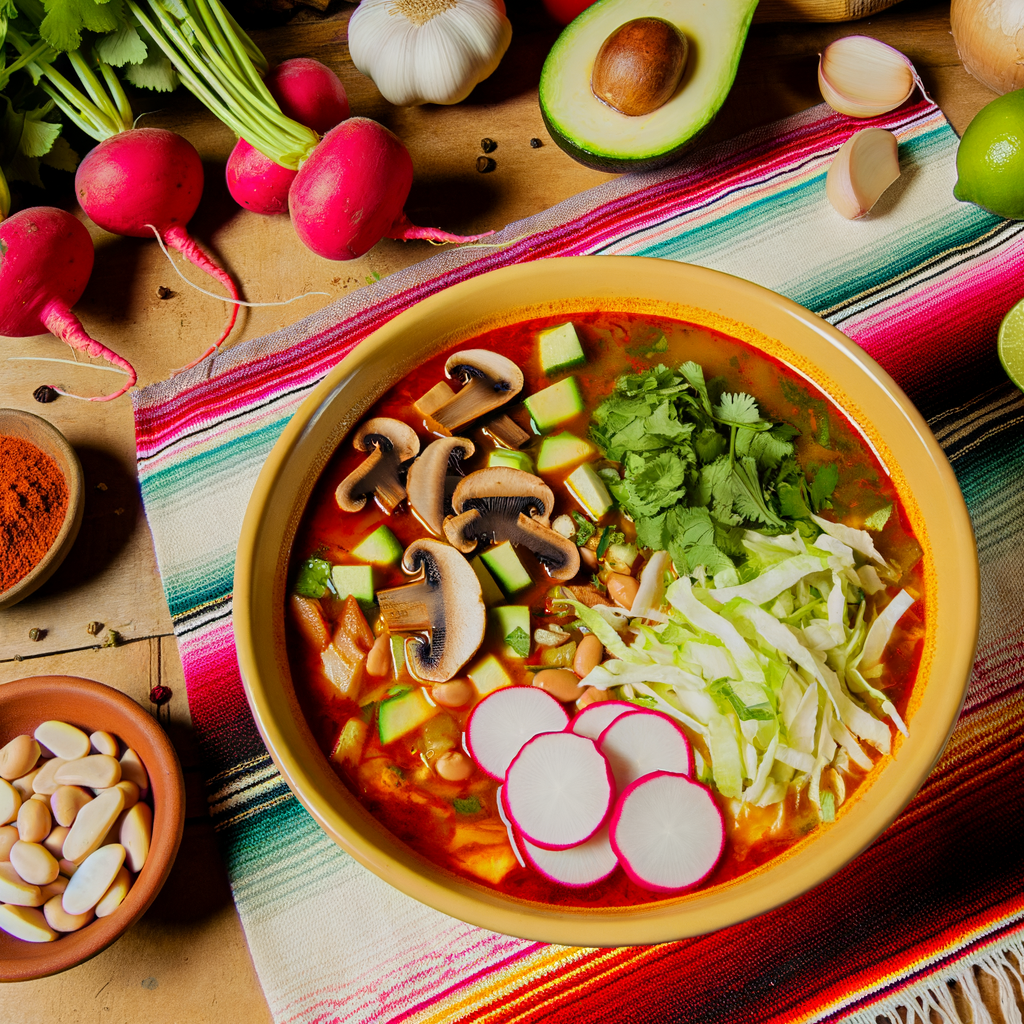Surprising Foods: Vegetarian Items That Aren’t What They Seem
The culinary world is full of surprises, especially for those who follow a vegetarian lifestyle. It’s easy to assume that certain foods are vegetarian based on their appearance and ingredients list, but sometimes looks can be deceiving. In this article, we delve into some common food items that might not align with vegetarian diets, despite their seemingly vegetarian-friendly nature.
Understanding the Vegetarian-Non-Vegetarian Confusion
The basic principle of vegetarianism is to avoid consuming flesh-based products. However, the definition becomes blurry when food items contain hidden animal-derived ingredients. This section provides insight into why certain items, mistakenly considered vegetarian, do not meet vegetarian guidelines.
Culinary Practices and Traditions
Many traditional recipes across different cultures include animal derivatives for taste or preservation purposes. Mistaken assumptions often arise due to:
– Ignorance about regional cuisines
– Language barriers in ingredient lists
– Mislabeling or lack of labeling
Processed Foods and Hidden Ingredients
Processed foods are notorious for concealing non-vegetarian elements. Often, these components are used due to:
– **Flavor enhancement**
– **Texture improvement**
– **Preservative purposes**
Awareness and vigilance are key. Let’s explore the unexpected sources of non-vegetarian content in seemingly vegetarian foods.
Common Vegetarian Items That Aren’t
Below is a list of food items that might trick the unsuspecting vegetarian.
Cheese
Cheese is generally perceived as a staple in vegetarian diets. However, certain varieties incorporate animal-derived rennet, an enzyme used in the curdling process, **making them non-vegetarian**.
Parmesan Cheese
A specific type of cheese that often confuses vegetarians is Parmesan. It traditionally uses rennet sourced from calves, meaning it cannot be labeled as vegetarian.
A plant-based or microbial-derived rennet must be chosen for genuinely vegetarian cheese.
Gummy Candies
Delectably chewy and available in assorted fruity flavors, gummy candies may contain **gelatin**, a protein derived from animal collagen. This ingredient excludes them from vegetarian menus.
Worcestershire Sauce
A popular condiment beloved for its rich umami flavor, Worcestershire sauce usually contains anchovies—making it an unsuitable vegetarian option.
Various Soups and Stews
While they seemingly lack meat chunks, some soups and stews use meat-based broths. The foundation of these dishes often includes:
– **Beef stock**
– **Chicken stock**
Such ingredients eliminate them as vegetarian-friendly, despite containing vegetables.
Some Varieties of Yogurt and Sour Cream
Yogurt and sour cream generally align with vegetarian principles; however, brands may add gelatin for thickness. This gelatin is an animal product, thus altering its vegetarian status.
– **Choose brands that guarantee vegetarian-friendly stabilizers.**
Marshmallows
Another treat fallen victim to gelatin is marshmallows. With gelatin being a primary ingredient, traditional marshmallows do not meet vegetarian criteria.
– **Vegan marshmallows use agar-agar or carrageenan as a gelatin substitute.**
Beer and Wine
While surprising to many, beer and wine can use animal-derived fining agents. Commonly used agents include:
– **Isinglass (from fish bladders)**
– **Casein (a milk protein)**
Seek wines and beers labeled as vegan to ensure suitability for vegetarians.
Refried Beans
Refried beans, especially those prepared in restaurants or inauthentically, might be cooked with lard or pork fat, flipping their vegetarian promise.
– **Explore organic or vegetarian-branded options.**
Bread
Often presumed vegetarian, certain bread types use non-vegetarian conditioners like L-cysteine, originating from poultry feathers or hog hair.
How To Identify Vegetarian-Safe Items
Navigating through food choices as a vegetarian can be challenging. Here’s how to make informed selections:
Reading Labels
One important skill for any vegetarian is adeptness at reading ingredient labels. Pay close attention to:
Research and Inquire
When in doubt, don’t hesitate to research or contact the product’s manufacturer. Engage in communities dedicated to vegetarianism for further support and recommendations.
Conclusion
Identifying food items as vegetarian or non-vegetarian is not always straightforward due to hidden animal derivatives in processing. By gaining awareness and becoming vigilant about purchasing life choices, vegetarians can steer clear of mistakenly consuming non-vegetarian products. When in doubt, reading labels thoroughly and performing a quick research search will help make confident decisions in line with one’s lifestyle choices.
Armed with knowledge about these deceptively non-vegetarian items, you can maintain the integrity of your vegetarian lifestyle and open up conversations about transparency in food labeling across industries.











